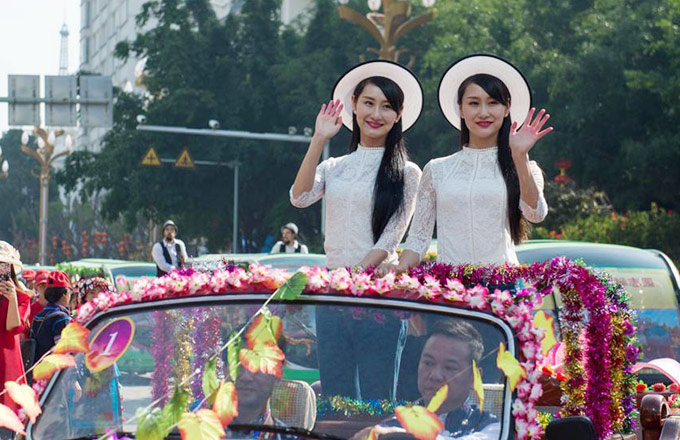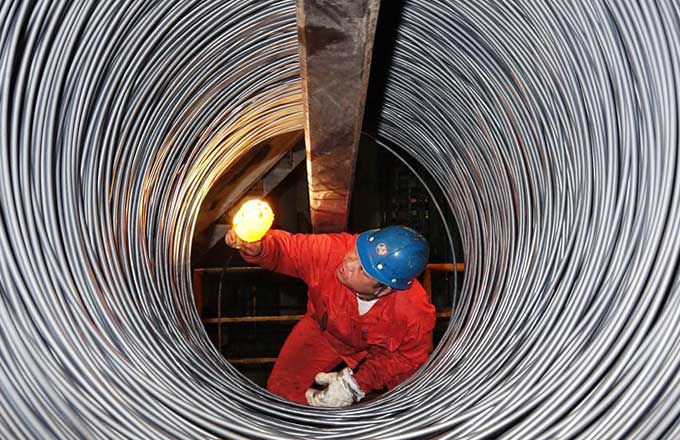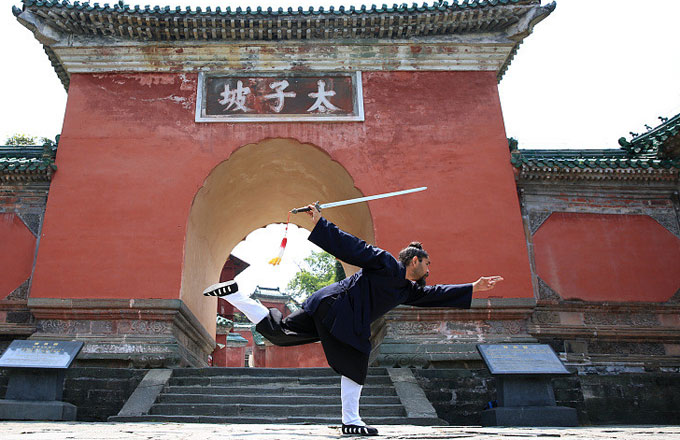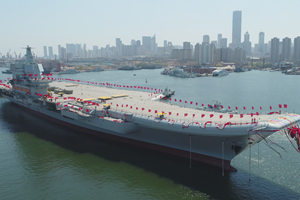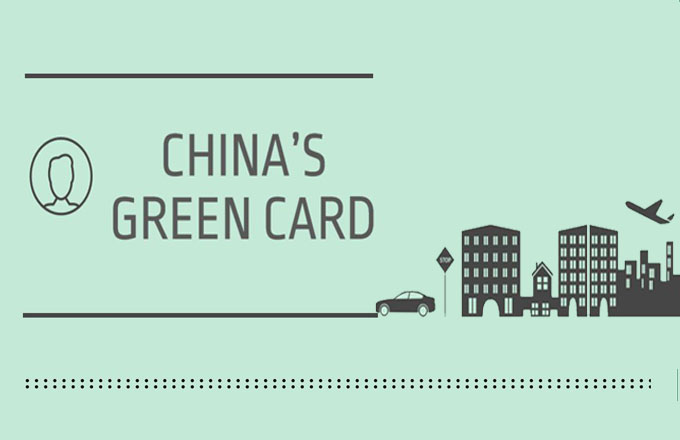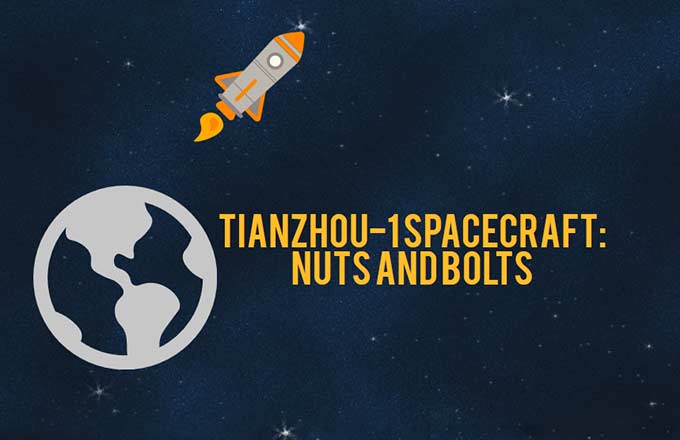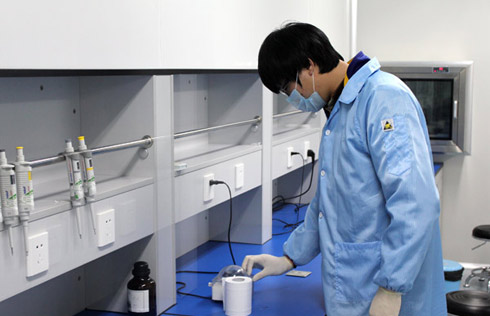Li's visit opens new chapter in China-Pakistan ties
To tap the potential of trade, logistics and flow of personnel between the two sides, China and Pakistan have agreed to enhance interconnectivity and jointly develop a long-term plan for China-Pakistan economic corridor.
Khalid Mahmood, president of the Islamabad Council of World Affairs, said the economic corridor can bring both countries development and prosperity.
"It can help China get connected with the Gulf region, Africa, Europe and the other parts of the world in an easier way and in a shorter time. Meanwhile, for Pakistan, there will be more business and trade activities in the region. Pakistan will also become the center of energy transmission from the Gulf," Mahmood told Xinhua on Wednesday.
"If we successfully complete the infrastructure, the economic corridor would be a flourishing route for not only trade and commerce but also energy supplies and transportation," he added.
On aviation and aerospace, the two sides signed an agreement on cooperation on the Beidou Satellite Navigation System (BDS) in Pakistan, making Pakistan the first country in the world to sign an official cooperation agreement on the BDS.
"Both China and Pakistan have extensive demands for the application of the BDS, and both sides are willing to cooperate with each other, so the cooperation prospect is broad," Ran Chengqi, director of China's Satellite Navigation System Management Office, told Xinhua on Thursday.
The two sides also agreed to enhance bilateral cooperation in the fields of maritime security, search, rescue and disaster relief at sea, maritime scientific research and environmental protection, according to the statement.
New measures to expand people-to-people exchanges
Chinese netizens refer to Pakistan as Iron Pak, meaning that the Chinese people view Pakistan as a trustworthy friend and the friendship is as solid as iron, Li said in a speech at the Pakistani parliament.
Although their "all-weather" friendship has strong public support, Li called on the two countries to further expand their people-to-people and cultural exchanges as they are the solid foundation for the development of bilateral ties.
The two sides also agreed on a series of measures to step up people-to-people exchanges, including expanding Chinese language training in Pakistan, opening more Confucius Institutes in the country, and designating 2015 as China-Pakistan Year of Friendly Exchanges.
During Li's visit, the Chinese premier planted a friendship tree together with Khoso and held talks with Pakistani friends who had made contributions to developing bilateral ties.
Li arrived here on Wednesday at the invitation of the Pakistani government following a trip to India. He wrapped up his visit to Pakistan and flew to Switzerland on Thursday. Li's four-nation maiden overseas trip will also take him to Germany.





